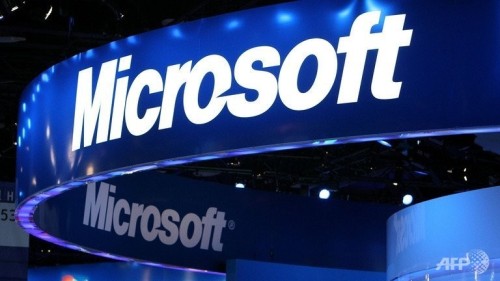Microsoft Corporation has resolved allegations regarding its software discount practices for conservative religious organisations. The technology giant reached an agreement with Alliance Defending Freedom, a legal advocacy group known for involvement in significant religious freedom cases.
The settlement addresses claims that Microsoft improperly denied nonprofit discounts to certain faith-based organisations. These included groups with religious hiring practices and pregnancy resource centres that don’t provide abortion services.
Investors represented by Alliance Defending Freedom had prepared a shareholder proposal regarding Microsoft’s discount practices. They planned to request a comprehensive report on the company’s discount allocation methods during the December 5 annual meeting.
Following Microsoft’s clarification that nonprofits don’t require nondiscrimination attestations for discounts, investors agreed to withdraw their proposal. The October 10 agreement between Microsoft and the shareholder group has not been previously disclosed publicly.
Microsoft issued an official statement explaining its position on nonprofit discount eligibility. The company described its program as intended for “a broad group” of nonprofit organisations without ideological discrimination.
Microsoft Corp. signed an agreement to put to rest accusations that it used a litmus test to deny software discounts to conservative faith-based groups. https://t.co/jLXc1Yo9xU
— Bloomberg (@business) November 14, 2025The technology company acknowledged that “a small number of organisations that should have been eligible for these discounts were not receiving them.” Microsoft has confirmed the implementation of corrective measures to ensure these organisations now qualify for the appropriate pricing.
This agreement continues a pattern of settlements involving Alliance Defending Freedom and major technology companies. The legal group previously reached agreements with OpenAI and Asana Inc. regarding similar discount access issues for religious organisations.
Both technology companies agreed to remove barriers preventing religious organisations from accessing nonprofit discounts as part of their settlements. These consecutive resolutions suggest a growing pattern of accommodation between technology firms and religious advocacy groups.
Political and Legal Pressure on Corporate Policies
Florida Attorney General James Uthmeier recently communicated with Microsoft regarding its discount practices. In a November 3 letter shared on social media, Uthmeier warned that denying discounts to faith-based groups could prompt legal action from the state.
The Microsoft-ADF agreement specifically confirms that pregnancy centres face no categorical exclusion from eligibility for discounts. This clarification addresses a key concern raised by conservative advocates regarding Microsoft’s practices.
Read: Microsoft Secures 27% Stake in OpenAI in Landmark $500 Billion Deal
Corporate approaches to diversity, equity, and inclusion initiatives have evolved in response to recent political changes. Many major employers have reconsidered various LGBTQ inclusion efforts amid changing regulatory environments.
According to Florida’s Attorney General, corporations are increasingly returning to “neutral, profit-seeking entities.” This perspective reflects a broader conservative viewpoint gaining traction in corporate governance discussions.
The Microsoft settlement demonstrates how shareholder advocacy and legal pressure can influence corporate policy decisions. The agreement establishes precedent for similar discussions between technology companies and religious organisations regarding equal access to nonprofit benefits.






